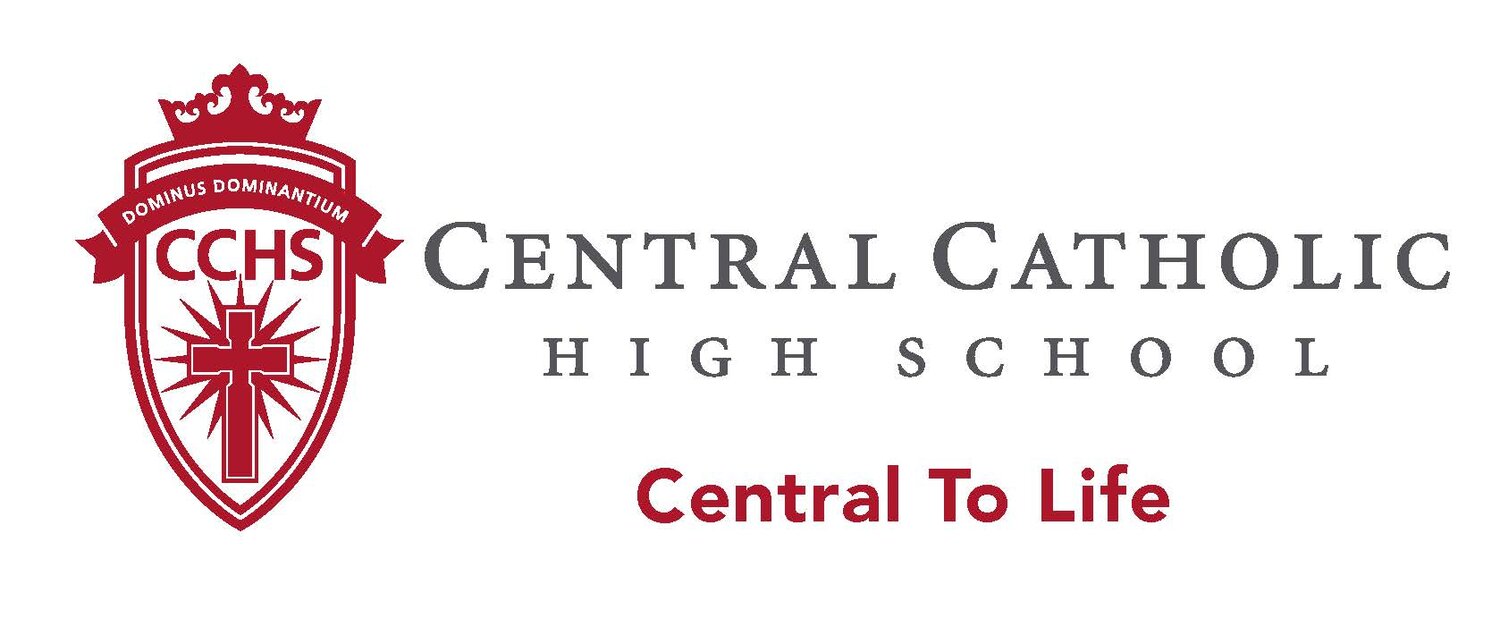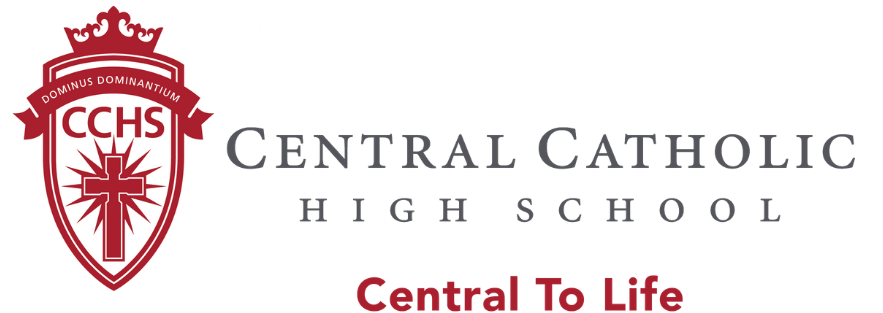Alumni on the Frontlines - Cherie (Bennett) Byrd ’96
Central Catholic alumni work in a great variety of professions, so it comes as no surprise that many have been working on the frontlines during the COVID-19 pandemic. We have spoken to several nurses who work directly with affected patients to learn about their experiences during this difficult time.
Cherie (Bennett) Byrd ’96 obtained her bachelor’s degree in nursing from the University of Toledo and MCO, and she currently works in the Medical Intensive Care Unit at the Ohio State Wexner Medical Center. Early during the pandemic, the unit became the ICU that cared for all the critically ill COVID-19 patients. “I was scared to care for these patients initially, especially as we watched the horrors that were being portrayed on TV in Italy and New York,” she recalled.
Her unit became even more diligent with hand washing and hand sanitizer, as well as isolation gear. They started changing their clothes and shoes before they left work, or they’d strip down in their garages and went right to the shower before hugging or kissing their kids and significant others. Some in her unit stayed at hotels or in RVs in their yards to avoid exposing their families to the illness.
“I have not seen my grandchildren or my mom since I started caring for COVID patients because I could not live with myself if I exposed them and made them sick,” she said. “Taking our temperatures and monitoring ourselves for symptoms every day before work has become a requirement.
“We pioneered a project that let us place all IV pumps and poles outside of patient rooms, which allowed us to limit our exposure to this new virus. We started placing these extremely sick patients on their bellies for what we affectionately call ‘tummy time’ to help them get oxygen to their lungs and allow them to heal. We started many of these patients on continuous dialysis because this virus also attacks the kidneys, making them shut down. I have worked in the Medical ICU for 19 years now, and these patients are hands-down the sickest patients I have ever worked with.
“What I will always remember about this pandemic, however, is the outpouring of support from the community. We had supply drives in which the community donated gloves and masks for us to use at the bedside in case the hospital ran out. We were showered with food and other gifts each day for a solid month or more. Many of the restaurants that donated to us were shut down at the time and they had no idea when they would be able to have income again, but they still supported us. Artists painted murals on the walls outside the hospital supporting healthcare workers. We started using tablets to allow family members to see their loved ones and communicate with them because the hospital was and still is shut down to visitors. It was amazing to be called a hero because we were all just doing our jobs, trying to help patients get back home.”

